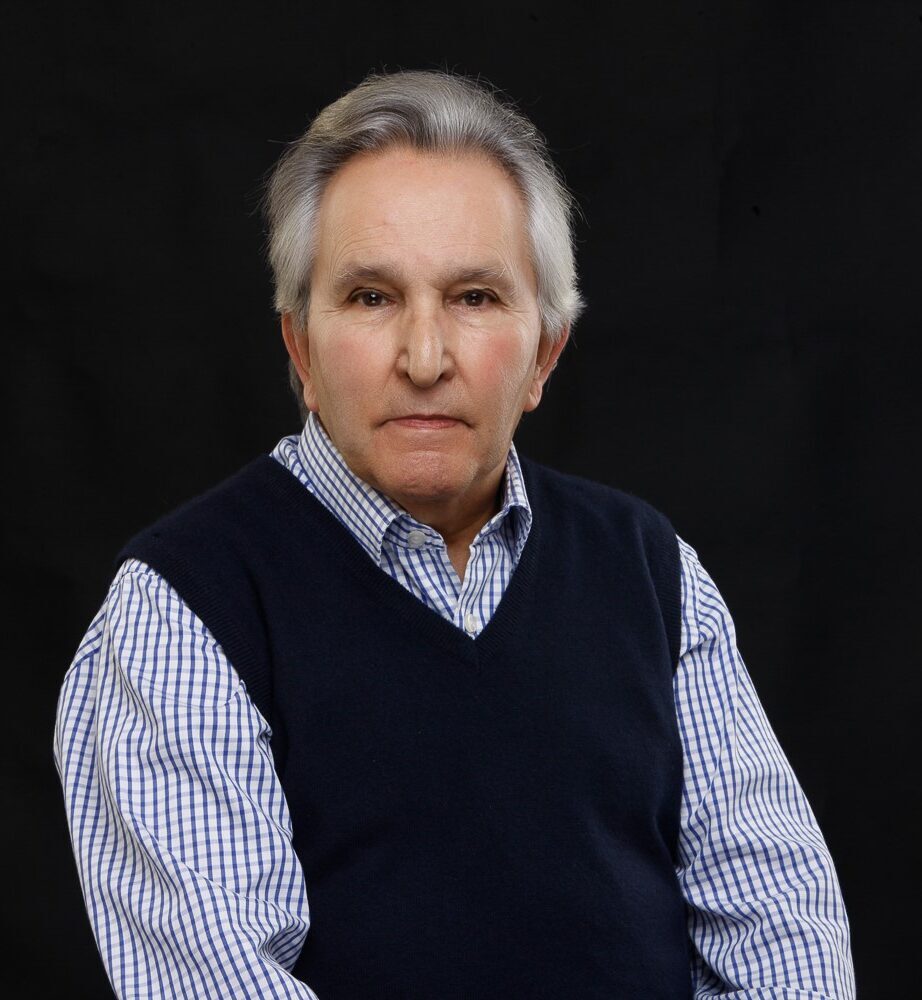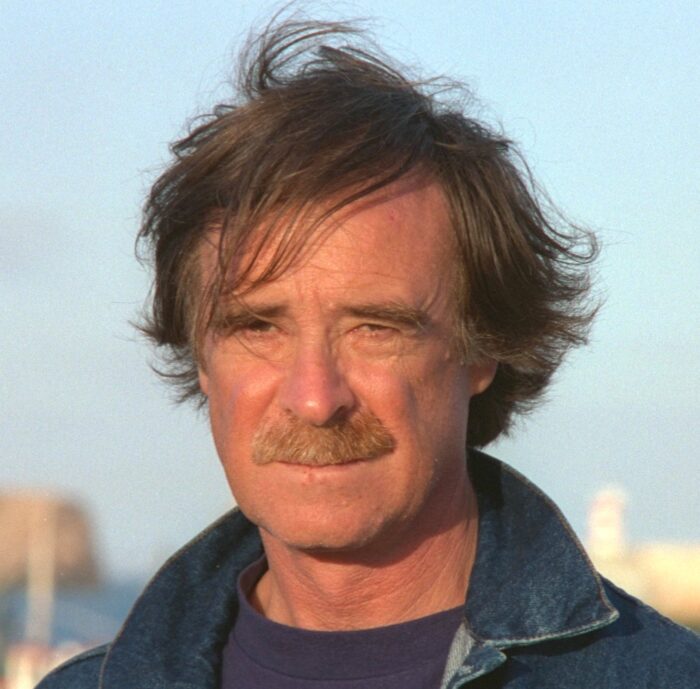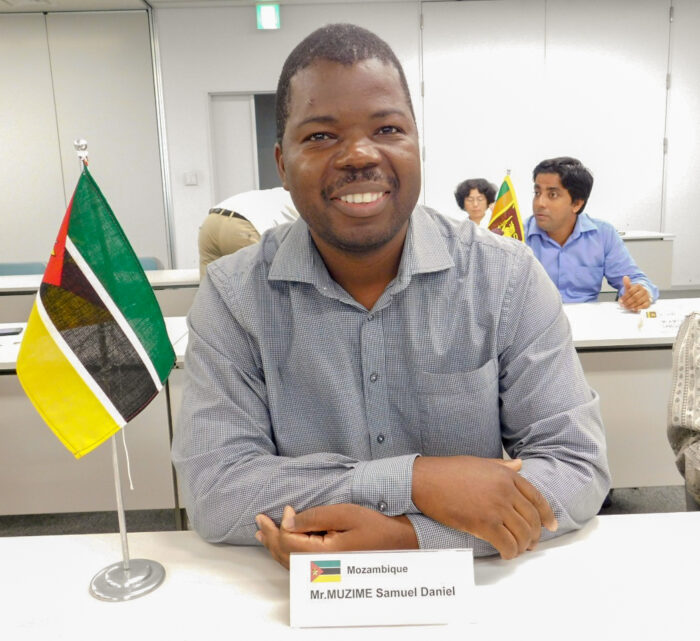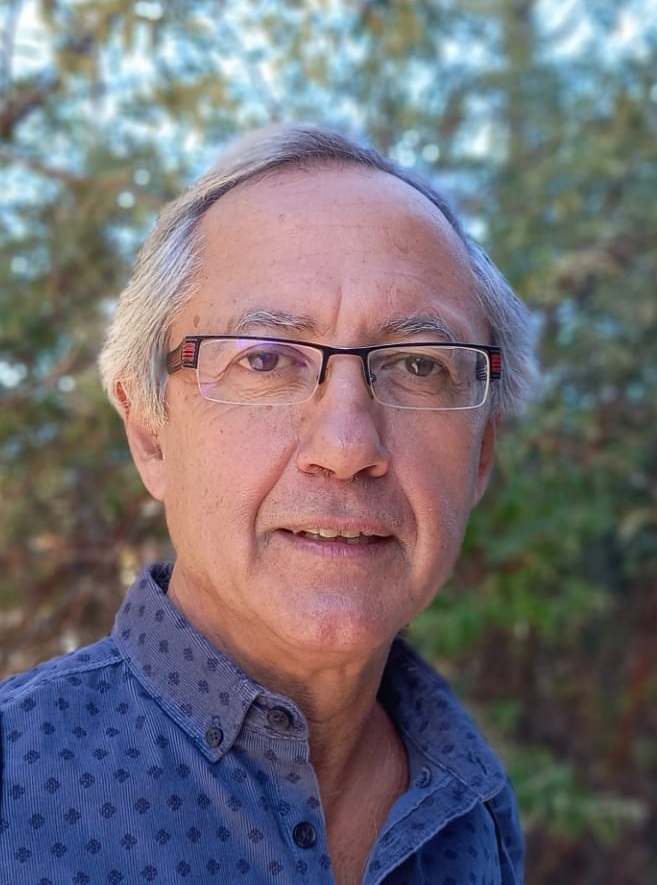A conversation with Eng. António Rocha Cabral

A conversation with Eng. António Rocha Cabral
'From the initial group, I am left to tell the story of BETAR, which was, from the beginning, also a circle of friends with similar ideas.'
Tell us about your professional career. Why did you choose engineering?
I have always been an above-average student in the subject of Mathematics. Perhaps that was the reason for choosing Engineering. At the beginning of my profession, in 1960, I was a civil servant in Hydraulic Services, where I carried out Hydrological Studies. Meanwhile, I was working with Engs. Jaime Pereira Gomes and Areosa Feio developing projects for the new Neighborhoods of Olivais Norte and Olivais Sul. The office was missing a collaborator, Eng. Veiga de Oliveira, who had emigrated to Brazil for political reasons. I worked there, accumulating with the civil service, until 1963. In that year the French Government granted me a scholarship to take a course at C.H.E.B.A.P., in Paris. At that time Eng. José Mendonça was also working in the same studio. When the course was over, I was asked by the Hydraulic Services management to present my resignation, since they had information from the P.I.D.E. that I was not an advisable person for a civil servant. I went to work for the company EMPEC, where I carried out pre-stressed concrete projects and followed the works in progress: bridges, dams and the structure of the Gulbenkian Foundation. However, I remained connected to the Eng. Pereira Gomes studio, participating in the projects of the architect Conceição Silva. Later I was invited by him to become, in his company, Director of the Engineering Sector and, later, to be one of the administrators of the studio and of a construction company, of which the architect was a partner, created to build the Tróia Urbanization. The new functions forced me to leave the Eng. Pereira Gomes studio and EMPEC. About that time BETAR was founded, due to the persistence and determination of José Mendonça. With the collapse of the companies of Arch. Conceição Silva, in 1975, I was invited by José Mendonça to return to the studio, now called BETAR and whose initial partners were Eng. José Mendonça, Eng. Pereira Gomes and Eng. Veiga de Oliveira. I went to replace Eng. Veiga Oliveira, then Minister of Public Works. Later, Eng. Veiga returned and we became the four ahead of BETAR’s destinations. From then on, the company didn’t stop growing, with new employees being called to increasingly greater responsibilities in management. Eng. Pereira Gomes passed away. In 2001, we retired, Mendonça and me, leaving the company in good hands. Veiga de Oliveira and Mendonça have passed away and, from the initial group, I am left to tell the story of BETAR, which was, from the beginning, also a circle of friends with similar ideas. With our retirement, the companies haven’t stopped growing and asserting themselves. In the 2008 crisis, they were resilient. The same will happen in these pandemic times.
What were your main responsibilities at BETAR?
I joined BETAR in 1975, although I worked with the initial studio since 1960. At Betar Estudos, I was an administrator and designer. In addition to this activity, I established connections with COBA and Eng. Câncio Martins, a collaboration that allowed us to carry out bridge projects for the sections of Motorways: Aveiras de Cima-Santarém, Santarém-Torres Novas, Coimbra-Mealhada and Albergaria-Estarreja. Also important were the conditions created to carry out the projects for the Campo Grande and Av.ª João XXI tunnels for C.M.L. These experiences were decisive for the future creation of Betar Consultores, where I was one of the partners and administrator.
What moments would you highlight from your long career?
The most important moments of my career were the collaboration in the works of Gulbenkian (Museum, Temporary Exhibitions and Modern Art Center), interventions in projects for the Douro Dams and the Irrigation Plan of Alentejo, belonging to Arch. Conceição studio and the company that built Tróia, and later, helping to develop Betar Estudos and creating Betar Consultores. The greatest challenges for the Engineering Offices, starting in the 1960s, were the transition to calculation and design by computer. The first project in which the Seismic Design was performed by computer was for the larger buildings at the intersection of Av. dos Estados Unidos da América and Av. de Roma, in Lisbon. This happened in 1963, using L.N.E.C.’s program. At the time it was a new tool that not many designers had resorted to. Then BETAR followed the evolution of the sector, with equipment and knowledge. The transition from drawing on a drawing board to a computer was more complex. We initially connected with a computer design studio that worked on our premises. Then it was a slow job of adapting the youngest designers to the programs. And, in a few years, it went from a manual drawing-room to an entirely digital one.
Based on your vast experience, what advice would you give a young engineer today?
“Everything in the world has change in its core” as Camões said. Engineering too. The young engineer has to think that, from graduation to retirement, he will not stop studying/ learning. If you do, the effort was worth it. You can relax afterwards, on retirement.
This interview is an integral part of Revista Artes & Letras # 125, December 2020
Partially automatic translation from portuguese: some expressions may differ from their actual meaning.
News & Interviews
A conversation with Arch. António Nunes de Almeida
'I like to think about architecture and to develop projects. (…) For me, the work of architecture is an inhabited sculpture.’ Read more
A conversation with Eng. Samuel Muzime
'The main challenges of CFM are: to be a regional reference in cargo transport at a competitive price and with safety, having infrastructures with continuous modernization and well-trained and motivated personnel' Read more
A conversation with Arch. Luís Cabral
‘Architecture that designs buildings can enclosure an environment without external factors, with lighting and air conditioning. Outside, you need to deeply understand the signs of the landscape. ' Read more




